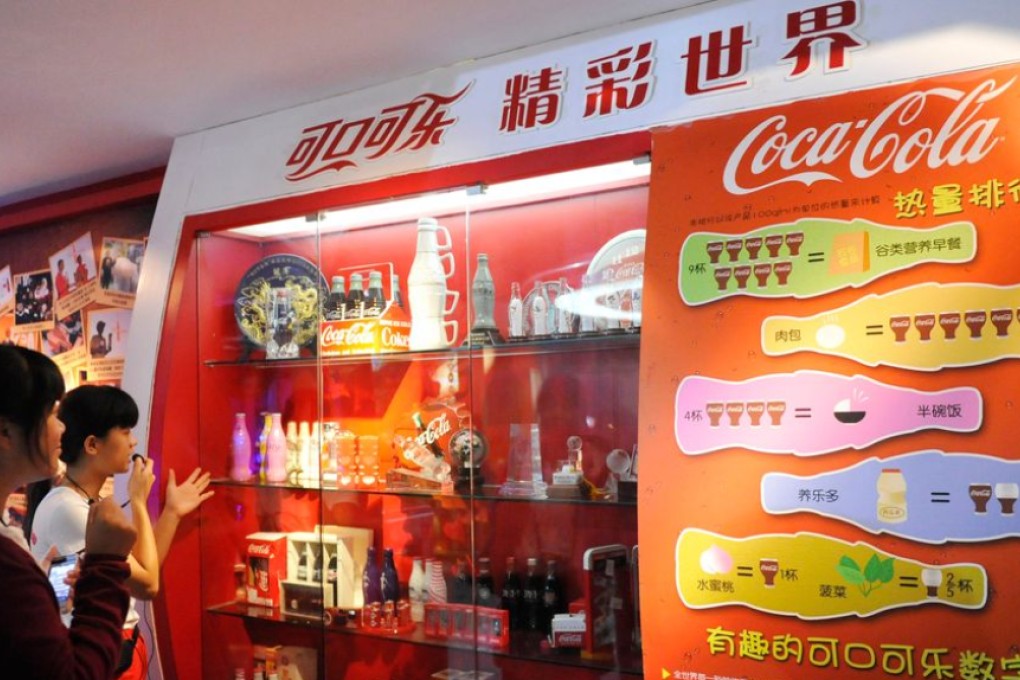Global brands get Chinese tastes
As mainlanders' living standards and consumption continue to improve, the nation's soft drinks industry has entered an era of rapid growth. Since soft drinks are popular on the mainland, demand has been expanding rapidly. This demand has been recognised by soft drinks manufacturer Coca-Cola, which offered to buy Chinese protein drinks maker Xiamen Culiangwang Beverage Technology in a US$400 million deal.

As mainlanders' living standards and consumption continue to improve, the nation's soft drinks industry has entered an era of rapid growth. Since soft drinks are popular on the mainland, demand has been expanding rapidly. This demand has been recognised by soft drinks manufacturer Coca-Cola, which offered to buy Chinese protein drinks maker Xiamen Culiangwang Beverage Technology in a US$400 million deal.
China Culiangwang earned 71 per cent of its profit from branded drinks in the fiscal year to April, last year, and 20 per cent from fresh and processed foods. Following the disposal of the beverage business, China Culiangwang would continue to develop its consumer products business, the company said in a stock exchange statement.
Coca-Cola will offer to acquire 100 per cent control of Culiangwang, which is owned by the Hong Kong-listed China Culiangwang Beverages Holdings. Xiamen Culiangwang is based in Fujian province, and has a wide range of products, including green bean, red bean and walnut variants of plant-based protein drinks sold under the brand China Green Culiangwang.
The proposed takeover is in line with Coca-Cola China's strategy to provide a diverse range of beverage products to Chinese consumers with plant-based protein drinks representing a growing beverage category on the mainland.
"China is an important growth market for us and this investment complements our beverage offerings there," says Petro Kacur, a spokesman for Coca-Cola.
This acquisition shows a return to Chinese deals for Coca-Cola after an attempt to buy the country's biggest domestic juice maker failed in 2009. Chinese regulators blocked the US$2.3 billion offer, saying that it would have negatively affected competition.
